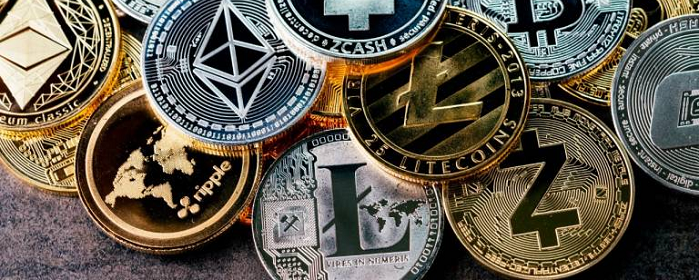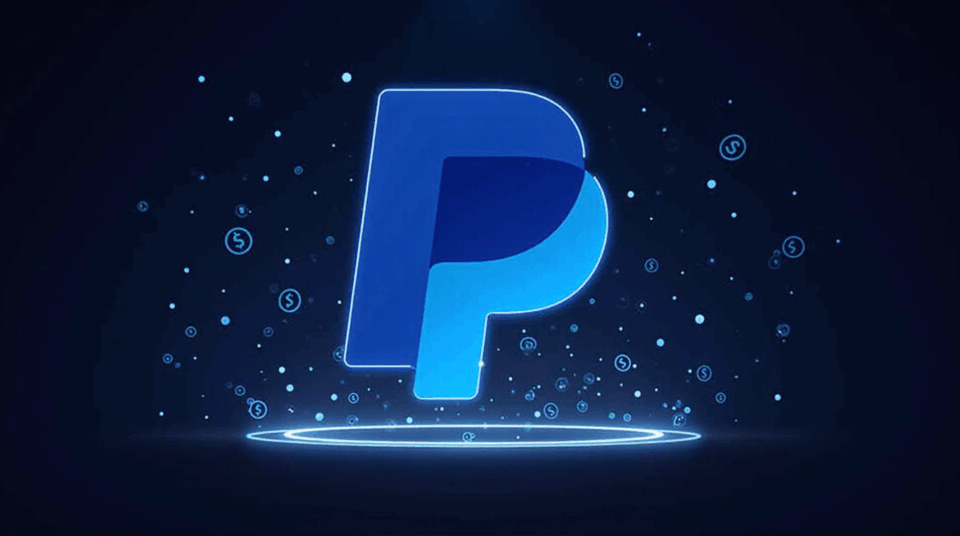- PayPal provides a way to use cryptocurrencies within its system, granting access to up to 650 million users and allowing merchants to accept over 100 cryptocurrencies with settlements in regular currency or stablecoins like PYUSD.
- This step brings digital assets closer to everyday payments while raising issues around custody, privacy, and decentralization.
What changes for users and merchants?
Many consumers will be able to use crypto in normal payment flows without needing to understand wallets or private keys, since the process is integrated into PayPal’s interface and abstracts the technical details. For merchants, instant conversion to fiat or a stablecoin reduces exposure to price volatility and can lower processing costs, simplifying reconciliation and accounting while offering a familiar checkout experience for customers.
Concrete benefits
A global user base gains a simpler entry point to cryptocurrencies, making onramps more accessible as users can transact within an established payments platform. For merchants, immediate settlements mitigate price swings and streamline accounting, and integrations with exchanges and providers simplify purchases, conversions and stablecoin redemptions, while support for readable names like ENS helps reduce errors when sending funds.
Limitations and risks
The expansion does not equate to self-custody: PayPal retains operational control, enforces identity checks and may limit transfers to external wallets, which preserves regulatory compliance and institutional access but restricts financial control for users who want full ownership of their keys and assets. Privacy and increased oversight are also concerns, because transactions within PayPal are subject to compliance monitoring and data exchanges that reduce privacy compared with decentralized models.
Impact on the crypto ecosystem
A major player like PayPal can strengthen payment infrastructure and accelerate adoption through network effects, bringing more users and merchants into crypto-enabled payments. At the same time, concentrating liquidity and power in centralized platforms can slow the development of solutions prioritizing full decentralization, and the future will depend on how providers and regulators balance usefulness, security and transparency.

Conclusion
PayPal facilitates access and speeds adoption of digital assets for users and merchants seeking convenience and regulatory compliance, but custodial limits and reduced privacy mean true financial control still requires tools that enable self-custody and open structures; this implementation is a meaningful step toward normalizing crypto in payments but does not replace the need for solutions that give control back to users and protect the broader ecosystem.

